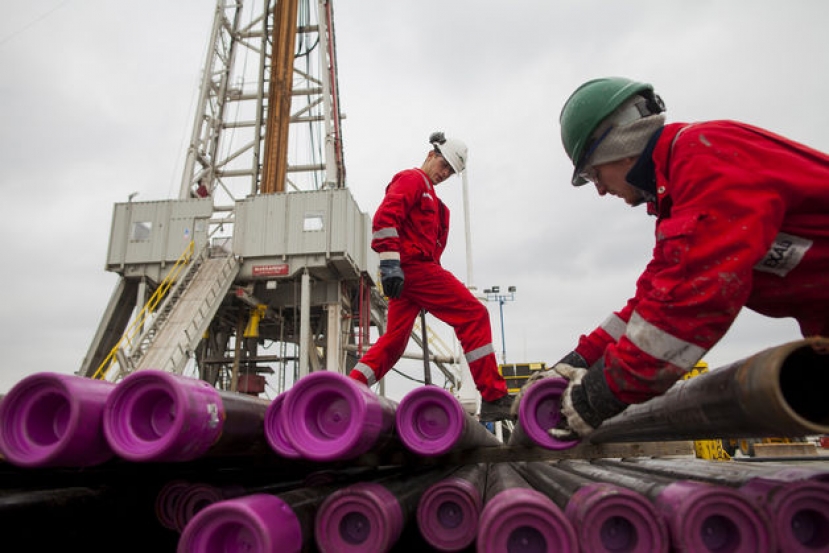Russia Was Right: Shale in Europe Has Proved a Dud
06.06.2015 15:31
 Russia Was Right: Shale in Europe Has Proved a Dud
Russia Was Right: Shale in Europe Has Proved a Dud
When Cuadrilla Resources Ltd. opened an office in Poland in 2009, it had a reason to be optimistic: the shale boom was transforming the U.S. into the world’s largest producer of natural gas. To the companies rushing to imitate that success in Europe, Poland looked like the next Texas.
Six years later, the U.K. explorer has yet to drill its first Polish well -- and that’s in the country that’s most eager to allow hydraulic fracturing in Europe. The so-called super-majors like Exxon Mobil Corp., Chevron Corp. and Royal Dutch Shell Plc have packed up and moved on.
“It’s not easy,” said Marek Madeja, Cuadrilla’s director of well services in the country. “The costs of drilling in Europe are much, much higher than in the U.S., and there are so many regulations every step of the way.”
“The problem in Europe is that you never got a critical mass of wells for the synergies and cost efficiencies to kick in,” said Michael Barron, London-based director for global energy and natural resources at Eurasia Group. “It’s clear that here it will never be the game-changer it was in the U.S.”
Russia Imports
That’s particularly bad news for Ukraine, desperate to reduce its dependence on energy imports from Russia. A bloody conflict with Russia-backed separatists in the eastern Donetsk region persuaded Shell to abandon its operations in the area late last year. Chevron, albeit operating in the safer western provinces, soon followed suit.
The smaller oil and gas producers that did remain in Europe –- principally in Poland and the U.K. -- continue to battle bureaucracy, arcane tax laws and local authorities that don’t want drilling in their backyards. The geology isn’t helping either: very few wells have yielded anything close to a commercially viable flow.
Poland requires explorers to provide a detailed five-year operational plan before even breaking ground. For every adjustment of the plan, companies must file a request that can take the government months, or even years, to approve, Cuadrilla’s Madeja said.
Cameron’s Government
In the U.K., hydraulic fracturing is backed by David Cameron’s government, which won reelection last week, but faces strong opposition from local communities who fear that injecting chemically treated water into the ground will pollute the environment and cause earthquakes. Despite the government support, only about a dozen wells are in the pipeline.
The continent’s estimated reserves aren’t negligible: they probably amount to about four fifths of those in the U.S. The problem is that most countries either have an outright ban on hydraulic fracturing or have imposed a moratorium until its effects on the environment become better known.
“Europe is much more densely populated, so people are living much closer to the activity than in the U.S.,” Eurasia’s Barron said. “There is still a lot of popular concern to be overcome.”
The government in France, estimated to hold the largest reserves on the continent, remains implacably opposed to fracking and will keep a total ban in place at least until the 2017 presidential election. Spain, another country with sizable reserves, extended exploration licenses but hasn’t yet granted environmental approvals, and several regions banned the technique out of fear it could contaminate underground water.
Denmark Exploration
There is some enthusiasm for shale gas exploration in Denmark, where Total SA won two concessions and may drill this year. Exploration in the U.K. may also accelerate if the new wells there prove commercially viable.
But shale gas will always remain a complementary source of supply in Europe, where conventional gas, whether piped from Russia or other suppliers, remains the cheapest option, according to Bloomberg Intelligence analyst Philipp Chladek.
“Fracking as a path to independence was a dream that’s just not going to come true,” Chladek said. “I wouldn’t say shale gas in Europe is dead, but it’s much more difficult than people thought.”
